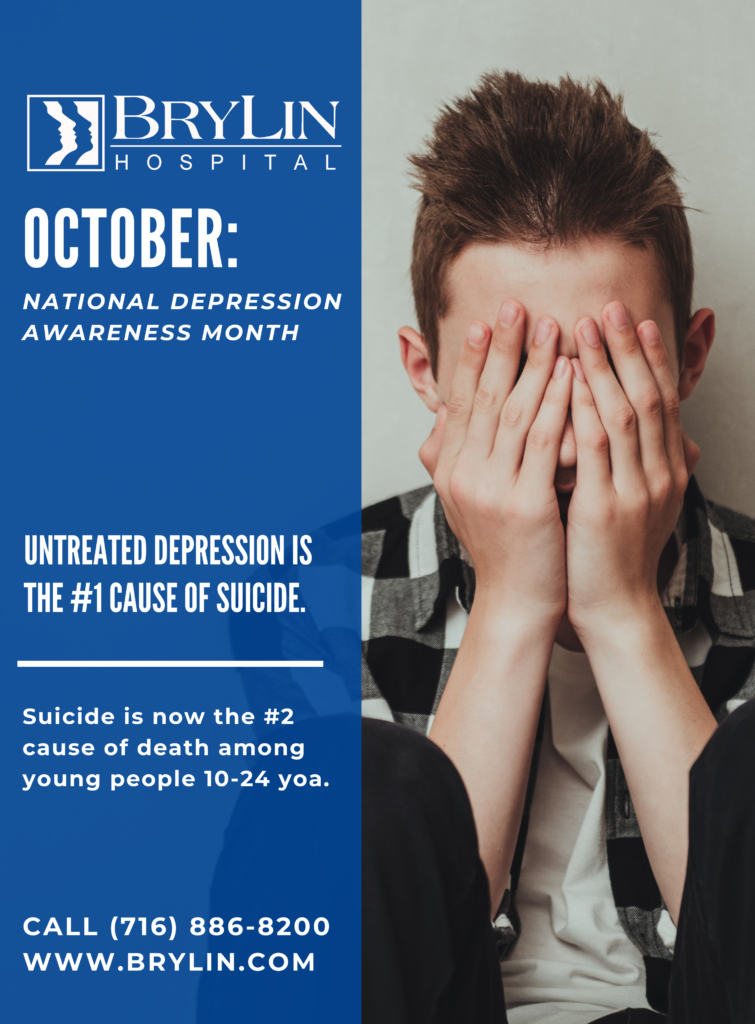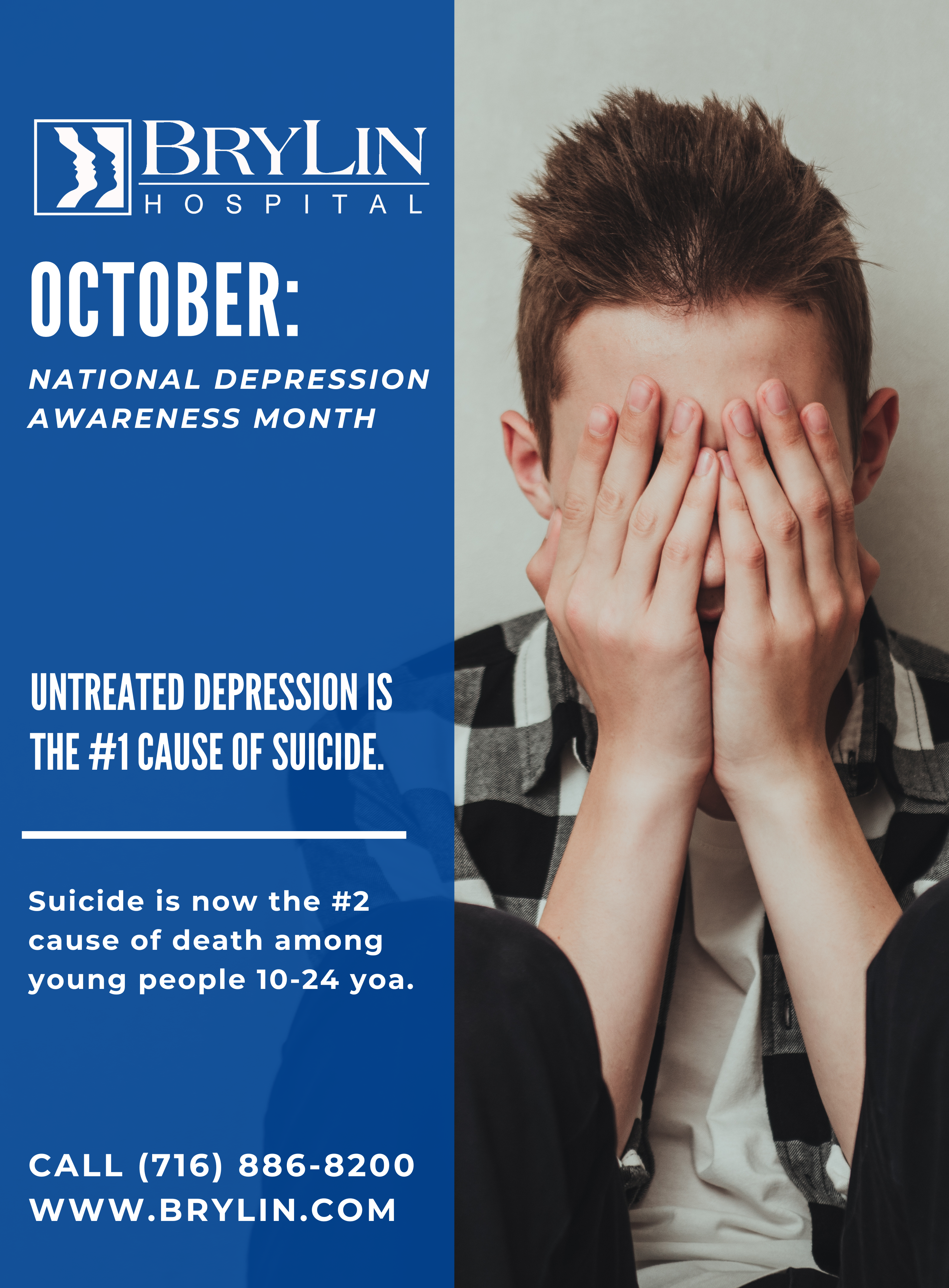
Understanding Depression in Our Youth: Signs, Conversations, and Treatment
Depression is a serious mental health condition that can affect individuals of all ages, including children and adolescents. According to recent statistics, untreated depression is the leading risk factor for suicide, which tragically ranks as the second leading cause of death among young people aged 10 to 24. As adults, parents, educators, and guardians, it’s crucial to recognize the signs of depression in our youth and engage in open conversations about mental health.
Signs of Depression in Our Youth
Identifying depression in young people can be challenging, as the symptoms may not always be overt or resemble typical feelings of sadness. Here are some signs to look for:
Emotional Changes
-
- Persistent Sadness: A child may appear more sad or withdrawn than usual, expressing feelings of hopelessness or worthlessness.
- Irritability: Increased irritability or mood swings can indicate underlying emotional distress.
- Anxiety: Many young people may experience heightened anxiety, often manifesting as excessive worry about school, social interactions, or future events.
Behavioral Changes
-
- Withdrawal from Activities: Loss of interest in previously enjoyed activities, such as sports, hobbies, or spending time with friends, can signal depression.
- Academic Decline: A noticeable drop in grades, lack of focus, or disinterest in school can indicate that a child is struggling emotionally.
- Changes in Sleep Patterns: Depression may lead to insomnia or excessive sleeping, both of which can affect a young person’s daily life.
Physical Symptoms
-
- Changes in Appetite: Significant weight loss or gain, as well as changes in eating habits, can be indicators of depression.
- Physical Complaints: Frequent headaches, stomachaches, or other unexplained physical symptoms may suggest emotional distress.
Having Conversations About Depression
Engaging in conversations about mental health can feel daunting, but it is essential for promoting understanding and support. Here are some tips for approaching the topic with youth:
Create a Safe Space
Ensure that the environment is calm and non-threatening. Encourage open dialogue by expressing your willingness to listen without judgment. Let them know that it’s okay to share their feelings and thoughts.
Be Direct but Compassionate
Ask open-ended questions that allow the youth to express themselves. For example, “How have you been feeling lately?” or “Is there anything on your mind that you want to talk about?” Being direct can encourage them to share their experiences.
Normalize the Conversation
Remind them that mental health is as important as physical health. Share that many people experience feelings of sadness or anxiety and that seeking help is a sign of strength, not weakness.
Importance of Early Intervention
Early intervention is crucial when it comes to addressing depression in youth. Studies show that timely support and treatment can lead to better outcomes and improved quality of life. If you suspect that a child or adolescent is struggling with depression, consider the following steps:
Seek Professional Help
Encourage the youth to speak with a mental health professional, such as a psychologist, psychiatrist, or counselor. These professionals can provide an accurate diagnosis and recommend appropriate treatment options, which may include therapy, medication, or a combination of both.
Involve Support Systems
Ensure that the child has access to a supportive network, including family, friends, and educators who can provide encouragement and understanding. A strong support system can make a significant difference in the recovery process.
Educate Yourself and Others
Familiarize yourself with the symptoms and treatment options for depression. Consider participating in community resources, workshops, or seminars that focus on youth mental health. This knowledge will empower you to better support the youth in your life.
Conclusion
Depression in youth is a critical issue that requires attention, understanding, and action. By recognizing the signs, having compassionate conversations, and advocating for early intervention, we can help ensure that our children receive the support they need. Remember, it’s essential to remind our youth that they are not alone, and help is always available. By addressing depression openly and proactively, we can work together to prevent tragedy and foster healthier futures for our young people.



Comments are closed